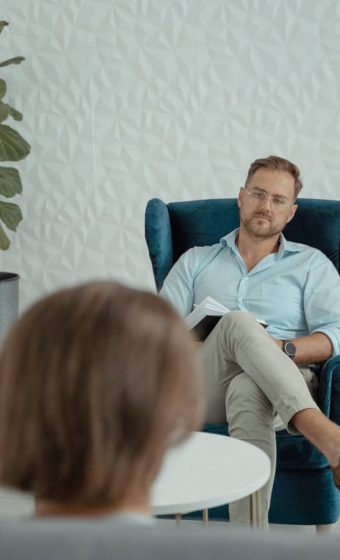Every journey needs a supportive community.
Additional Learning Needs
Additional Learning Needs (ALN) is a term used for people who may need extra support with their learning. It means that some people might find it a bit harder to understand things, or learn new subjects compared to other people, or may require a different method or style of teaching.
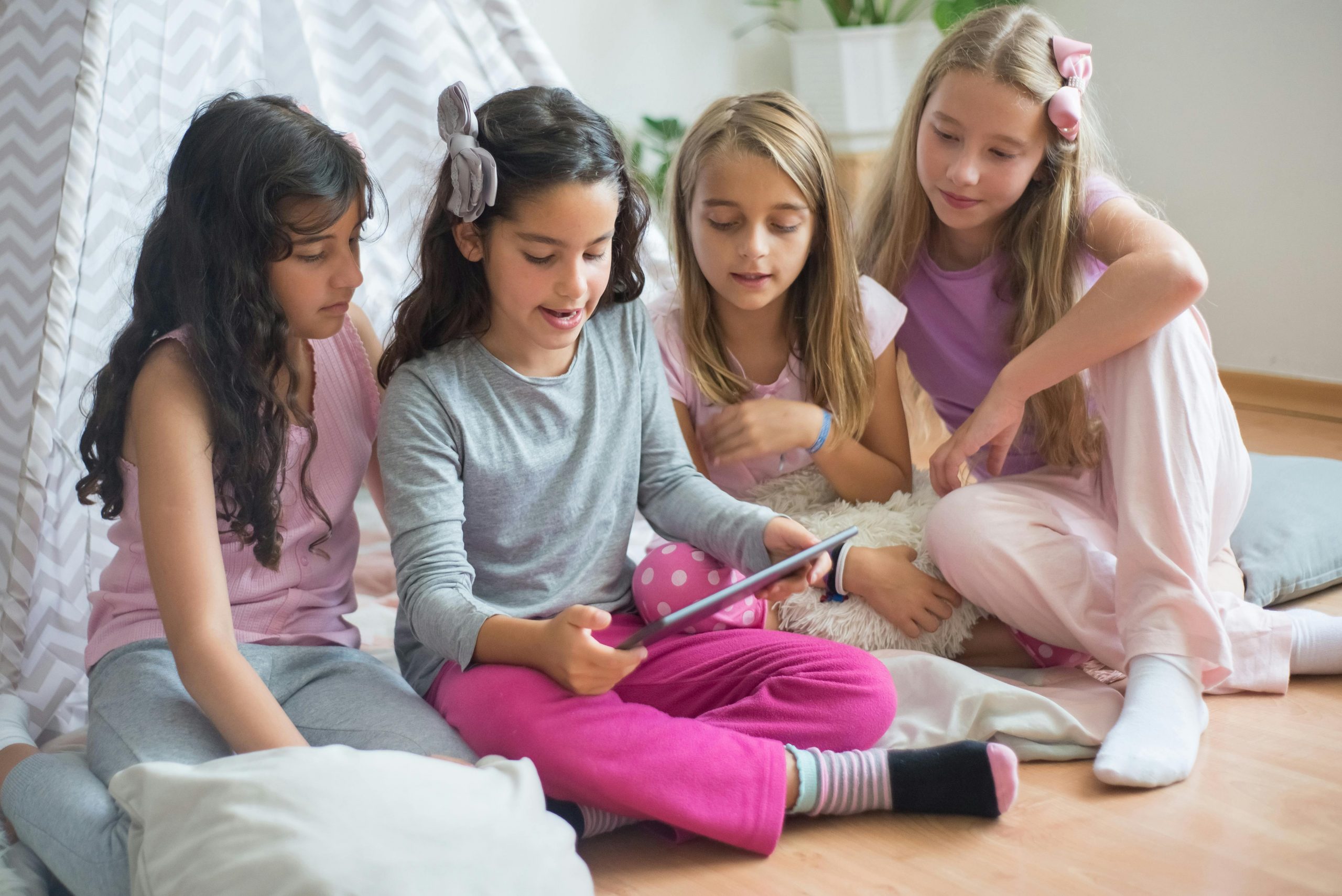
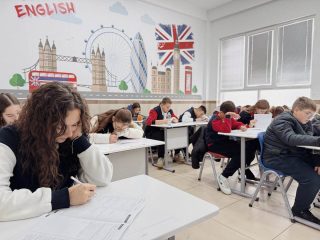
Deaf Learners
Hearing loss is a common issue that can be described as partial or complete. It can affect anyone and be present at birth or acquired at any point during a lifetime – occuring in one or both ears.
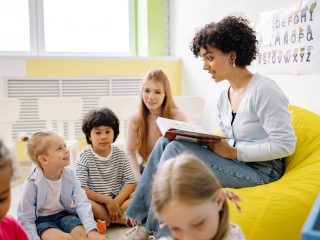
Neurodiversity
Neurodiversity describes the idea that there is no “one size fits all” way for brains to function, and that a wide range of perceptions and responses to the world should be accepted and encouraged.
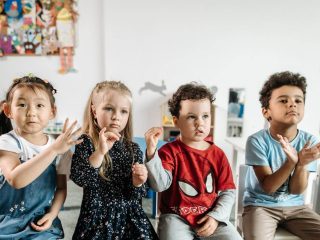
Visually Impaired
Visual impairment refers to a loss of vision that cannot be fully corrected with glasses or contact lenses, encompassing a wide range of conditions from low vision to complete blindness.
Resources for Independent Schools
Swansea Virtual School in collaboration with the ALN team at Swansea Council provide a training resources collection for independent schools.

Speech & Language
Speech, Language, and Communication Needs (SLCN) encompass difficulties in producing speech sounds, understanding and using language, and communicating with others.

Autism
Autism, or Autism Spectrum Disorder (ASD), is a condition characterised by challenges in social interaction and communication, as well as restricted and repetitive behaviors or interests.

Complex Needs
“Physical and Complex Needs” and “Complex and Specific Needs” both refer to individuals requiring substantial support due to a combination of health, learning, or behavioural challenges.
Supporting young people is key to a bright future.
Support for learning when you need it most.
Schools can help young people by making sure they have access to the help they need so they can learn. The school may start with reasonable adjustments; using different kinds of strategies, tools, or special programmes to make learning and social activities easier for the children.
For example: the school might use an increased number of visual aids or offer working in smaller groups to reduce sensory overload.
All mainstream maintained schools in Swansea have a designated person who will have responsibility for co-ordinating provision for learners of ALN. That person is known as the Additional Learning Needs Co-ordinator, or ALNCo. The ALNCo is the individual who at strategic level ensures the needs of all learners with ALN are identified and met. If you think your child may have additional learning needs (ALN), you should talk to your child's headteacher or the Additional Learning Needs Co-ordinator (ALNCO) at the school.
You can also contact the local authority's Additional Learning Needs and Inclusion Team: [email protected].
Source: Information for Parents Booklet 2025/26
In general, young people with social, emotional and behavioural difficulties are supported and managed within school by their mainstream teachers. In a small number of cases specialist input is needed. Schools can then call on the support of the educational psychologist or behaviour support teacher who will work with staff in the school to help resolve any difficulties. If, despite the additional support, the young person continues to behave in a particularly challenging way then the school can make a request for a place in Maes Derw, the pupil referral unit (PRU).
Before being placed in the PRU, pupils will generally have had support from the educational psychologist and/or behaviour support teacher whilst in school. Pupils placed in the PRU are expected to return to their mainstream school and their length of stay in the PRU varies. Referrals for PRU are made by the school to the Education Other Than At School (EOTAS) Panel or the Additional Learning Needs (ALN) Panel.
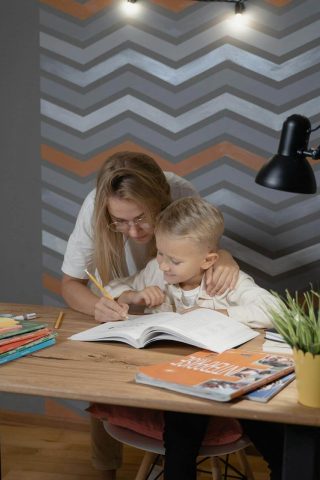
Other avenues of support you can seek
Support from the Wider Community
There are also other organisations in Wales that can assist parents of children with additional learning needs.
For instance, SNAP Cymru supports parents and carers of children with ALN. They provide advice and guidance on how to best support the child’s learning journey.
Another organisation, the National Autistic Society Cymru, helps children on the spectrum by providing information and resources to schools and families.
The local authority, schools, and organisations aim to work together with parents to make sure every child gets the right support they need to succeed and be happy in their education.
